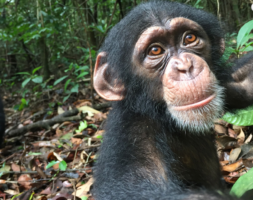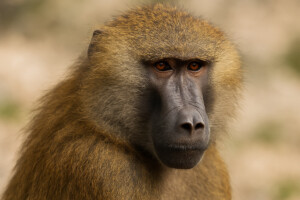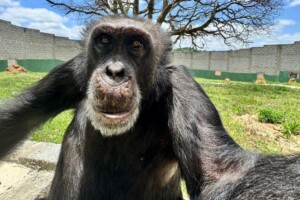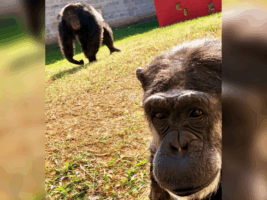Deconstruction of zoos

One of the world’s oldest Zoos, in Buenos Aires, located at the Palermo district, with 140 years of existence, will close its doors after a a political decision of the Province of Buenos Aires, which is its owner.
The 1,500 animals living there will be spared public visitation and the constant stress of being displayed in small enclosures without any purpose. Perhaps the intense campaign made for the liberation of Sandra, a female orangutan, has accelerated this decision, which was already being discussed in political and judicial levels.
Keep animals locked up to be shown to the public as a form of entertainment is totally anachronistic. Thousands of zoos in the world have more than 5 million animals subjected to an absurd prison for human leisure purposes. Millions of these animals have premature death for not resist the meaningless captivity.
Those who defend the existence of zoos in the twenty-first century do by mere interest , as they enjoy advantages, some illegal, to keep those running prisons opened.
Many zoos on all continents are also a center of animal trafficking, which further strengthens the fight against this crime. We know dozens of stories of animals captured from traffickers sent by the environmental authorities to Zoos that returned to the hands of other dealers in the same way they came. Niteroi zoo, in Brazil, was one example of how a zoo was a member of the animal trafficking.
No captivity is good. The animals were not born to be prisoners; they were here before us and have the right to live freely in their natural habitat. No captivity, no matter how good it is, is justified.
The path that Palermo Zoo is launching is an example to be followed by many others. Animals that can be released will be; those who cannot will at least live free from the stress of visitation. As long as they die, their enclosures and cages will be closed for not being more occupied by other species. In a few years, the Zoo will be vanished. An example to be followed by all those who truly defend wildlife.
Dr. Pedro A. Ynterian
General Secretary, GAP Project International

 Español
Español
 Português
Português








